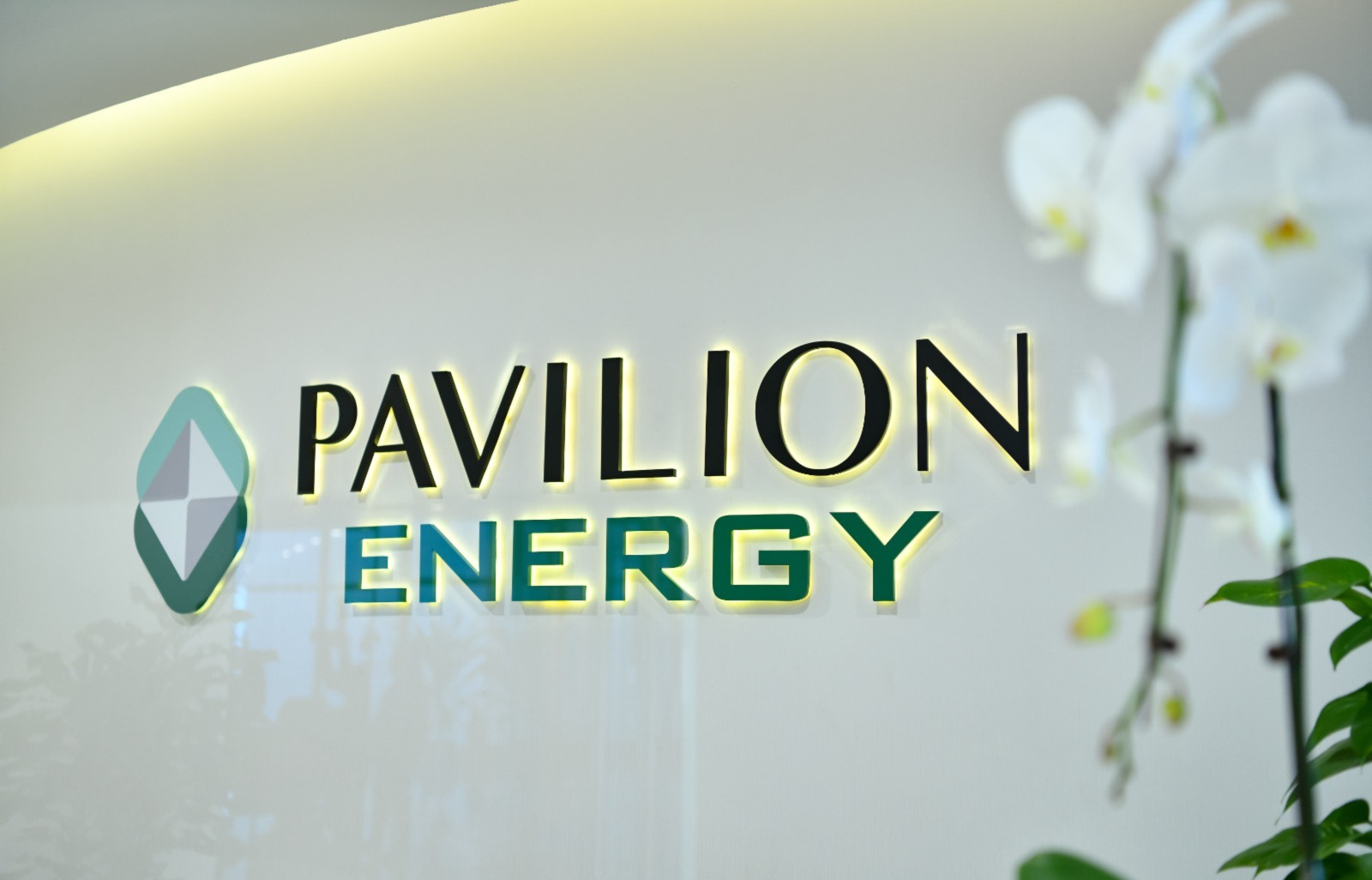A company set to become one of Singapore's main importers of liquefied natural gas (LNG) has inked a wide-ranging agreement with Malaysia's national oil and gas company Petronas.
Pavilion Gas, a unit of Temasek Holdings-backed Pavilion Energy, has agreed to collaborate with Petronas in a range of areas across the LNG value chain.
Under the agreement signed in Kuala Lumpur on Thursday, Pavilion Gas and Petronas LNG, a subsidiary of Petronas, will "explore the supply and optimisation of LNG", the two parties said in a joint statement yesterday.
This will include long-term supply, spot trading and cargo swaps.
The two firms will also look into joint efforts over an LNG receiving terminal and storage facilities.
"Petronas' strong presence in the integrated LNG value chain and diversified LNG portfolio, together with Pavilion Energy's position as one of the LNG importers in Singapore, will allow both companies to leverage on each other's strengths to create value and growth in the region," said Datuk Mohd Anuar Taib, executive vice- president and chief executive officer upstream at Petronas.
Mr Seah Moon Ming, chief executive of Pavilion Energy, said the collaboration will strengthen and grow the regional LNG market.
The long-term supply from Petronas and opportunities in LNG trading are expected to add diversity and flexibility to Pavilion Energy's supply portfolio.
It will also allow Pavilion Gas to strengthen its overall LNG supply portfolio, and to provide competitive and reliable gas supply to its customers.
Pavilion Gas markets and distributes natural gas in Singapore and the region, including small- scale LNG and LNG bunkering.
Last October, it was appointed as one of the new LNG importers for Singapore by the Republic's Energy Market Authority.
This means it has the exclusive right to supply LNG to Singapore for three years from this year, or when imports reach one million tonnes a year, whichever is earlier.
Pavilion Gas' latest agreement comes as Singapore takes steps to diversify the gas supply sources for the country - with LNG expected to play a bigger part in power generation in the coming years.






